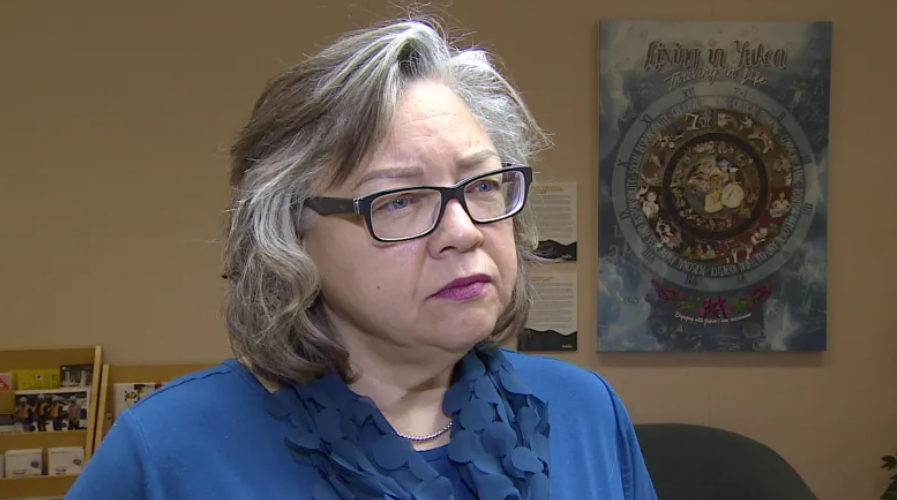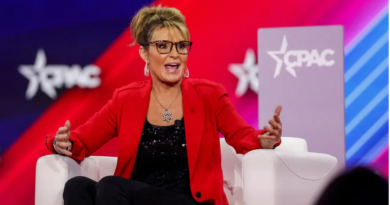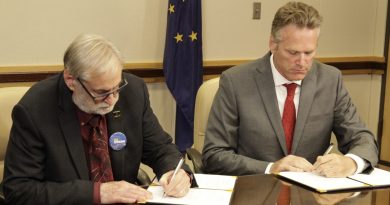Yukon considers decriminalizing small quantities of drugs to address emergency

The Yukon government is considering whether it should decriminalize very small doses of hard drugs.
Tracy-Anne McPhee, the territory’s health minister, told CBC News it’s one of several options the government is considering as its next steps to address the substance use emergency.
“Work is ongoing with this issue at the moment,” McPhee said. “We have to determine what is the problem we’re trying to solve, if this would be effective here in the territory, and if it would have the impact that we want it to have.
“I think it’s an important option for sure. I think you’re going to see it requested.”
Request to the federal government
If the Yukon government decides to go ahead, it would have to file a request to the federal government for an exemption to the Controlled Substances Act.
British Columbia was the first province or territory to do this and, in May, received confirmation from Ottawa that anyone who has 2.5 grams or less of opioids on them for personal use would not be subject to a criminal charge.
McPhee said the territory is still quite far from reaching a decision one way or another, but is looking to B.C. to see how its exemption will come into force.
Yukon RCMP already lay “very few” charges for possession of opioid-related substances, McPhee said. Data on the number of charges was not immediately available from the justice department upon request.
In a statement, Health Canada said it’s only received requests from the cities of Vancouver and Toronto, as well as the province of B.C., for exemptions under the Act.
A positive step
Heather Jones, the territory’s chief coroner, said in an emailed statement that the exemption granted to B.C. is “a positive step in reducing stigma for substance users.”
“It is felt by the [Yukon Coroner’s Service] that the real difference in saving lives will only come with access to a safe drug supply,” the statement continued.
The territorial government is hosting another mental wellness summit in September, which McPhee said will allow for more people with life experience and who work on the front lines to be consulted.
She said a decision could be made after that.
Related stories from around the North:
Canada: Canada’s Governor General visits Yukon community hit by drug deaths, CBC News
Finland: Climate change worries Finland’s young reindeer herders, Yle News
United States: Lack of village police leads to hiring cops with criminal records in Alaska: Anchorage Daily News, Alaska Public Media.



